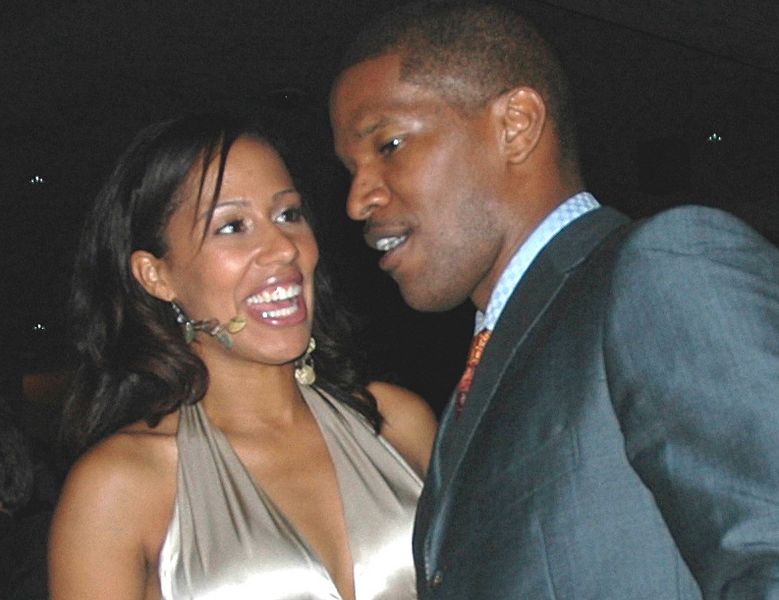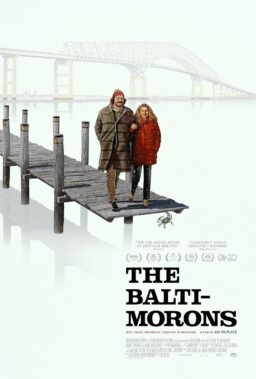TORONTO — Moviegoers at this festival who have seen “Hotel Rwanda” talk about it in a hushed tone, and their eyes turn away as if remembering the images. (One person I know walked out of the theater and skipped her next movie and went back to her hotel room and cried.) Here is a film about a brave and good man, but it is also a howl of rage against the crimes of men against men.
The movie takes place in Rwanda during the 1994 “civil war” that amounted to genocide by the majority Hutu against members of the Tutsi tribe, and their Hutu sympathizers. More than a million people died, while the United Nations and the rest of the world failed to intervene. This tragedy is seen through the eyes of Paul Rusesabagina, the house manager of a five-star hotel run by Sabena Airlines in Kigali, the nation’s capital.
Don Cheadle’s performance as Paul is magnificent on both the large scale and the small. His character, based on the life of the real Rusesabagina, finds himself as the protector of some 1,000 refugees, most of them Tutsi, who have come to his hotel for shelter. Calling in favors after many years of paying off the locals, in a nation where bribery is not a crime so much as a parallel economy, he tries to buy protection from corrupt army officers by handing out bottles of whiskey and fistfuls of cash. His situation is hazardous because, although he is a Hutu, his wife, Tatiana (Sophie Okonedo), is a Tutsi, and that means she and their three children are under death sentence.
Paul takes pride in his job and his hotel, and that helps inspire his survival strategy. He knows how to impress, how to intimidate, how to shame, how to bribe, how to flatter. He fights not just with bravery but with intelligence and his insight into human nature, in a movie at once intimate and horrifying. “Hotel Rwanda,” directed by Terry George (“Some Mother’s Son” and the screenplay for “In the Name of the Father“), is powerful and important, and finds scope for the full range of Don Cheadle’s gifts as an actor.
***
Jamie Foxx is another actor who will emerge from this year’s Toronto Film Festival trailing clouds of glory. He won a standing ovation for his virtuoso performance in Taylor Hackford’s 152-minute epic “Ray,” based on the formative years of the late Ray Charles — the man who created soul music by merging gospel with rhythm and blues, and then, always looking for something new, moved into lush orchestrations like “Georgia on My Mind” and even, after initial opposition and eventual applause, into country music.
The film has its emotional base in Charles’ childhood, where he felt guilt after the drowning of a younger brother, and where his mother (Sharon Warren) gave him strength and courage to take on the world, despite his blindness after the age of 7. The movie, developed with Charles’ participation and incorporating his performances, shows his dark side, including many years of heroin addiction and womanizing, but it also shows him clean of drugs for the last 40 years of his life, a period during which he was beloved as a genius and innovator.
Hackford’s film is rich with Ray Charles songs. It may be a little simplistic in the way it shows songs being inspired by specific events, but that allows the music to interlace easily with the life story. “Ray” is forthright about the way that Charles faced prejudice both as a black man and as a blind one, and dramatizes the historic moment when he became the first major performer to refuse to play a segregated concert in Georgia. It’s a nice touch that Julian Bond, the African-American politician from Georgia, is seen in a ceremony giving Ray the keys to the state and making “Georgia on My Mind” the official state song.
***
Alexander Payne’s “Sideways” is the best guy movie of recent years, and a lot more than that. It’s a comedy; it contains a lot of sex, and yet underlying everything is a sadness and a loneliness and a hopefulness that make it quite surprisingly moving. Paul Giamatti, that actor who looks like he should be playing Kevin Spacey’s morose or doubtful brother-in-law, gives a performance that’s the equal of his conflicted character in “American Splendor.” He’s Miles, a recently divorced man who is gradually crossing the line from being a connoisseur of wine to being an alcoholic.
His old college roommate Jack (Thomas Haden Church) is getting married in a week, and so these two 45-year-olds head to California wine country for a final seven days of buddyhood. Once there, they hook up with two local women. The bold Jack, who wants a fling before marriage, connects with Sandra Oh, while the shy Miles, still mourning the loss of his marriage, is dubious about a sunny waitress and would-be horticulturist played by Virginia Madsen.
The film could have been a formula buddy/road picture, but despite the underlying structure, feels fresh and original. The characters are allowed quirks and complexities, and the situations they get themselves into, however bizarre, seem just barely possible. I loved a scene where Miles and the waitress essentially fall in love after Miles explains why he feels tenderness, sympathy and love for the pinot noir grape, and she realizes he’s talking about himself.











